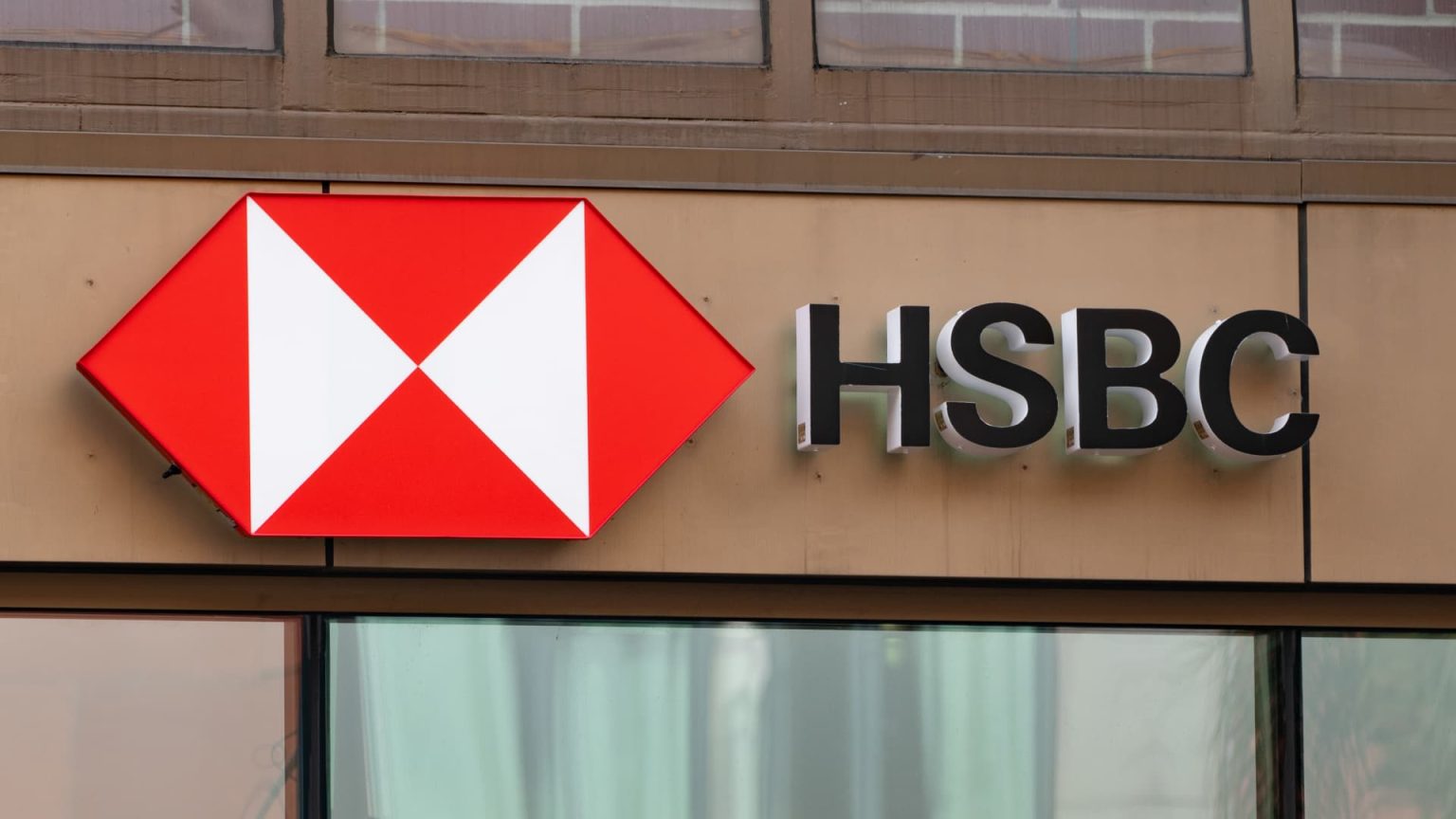Europe’s largest lender, HSBC, announced a share buyback program of up to $3 billion, following pretax profit for the first half of the year beating expectations due to a high-interest rate environment. Despite a slight decrease in pretax profit compared to the same period last year, HSBC’s first-half figure exceeded average broker estimates. The bank’s revenue also saw a 1.1% increase year-on-year to $37.3 billion, attributed to higher consumer activity in wealth products and securities financing. HSBC’s wealth revenue specifically increased by 12% to $4.3 billion in the first six months of the year, with growth in investment distribution, asset management, and life insurance.
HSBC highlighted its priorities of diversifying revenues and maintaining a strong presence in its critical markets of Hong Kong and the U.K. The bank reported an increase in new-to-bank customers in Hong Kong and international customers in the U.K. The bank approved a second interim dividend of $0.10 per share and announced a share buyback of up to $3 billion, which it expects to complete within three months. HSBC’s CET1 capital ratio, a measure of bank solvency, increased to 15.0%, exceeding the lender’s medium-term target range. The bank also declared a return on average tangible equity of 17.0% over January-June, with new guidance of mid-teens return on average tangible equity in 2025.
HSBC’s outgoing CEO Noel Quinn emphasized the bank’s growth and investments in international retail and wealth business, attributing a good revenue performance in the first half of the year to higher interest rates. The bank’s London-listed shares rose 3.12% and Hong Kong-listed shares were up roughly 4.4% following the announcement. HSBC has distributed over $34 billion to shareholders in 18 months, with a focus on growing revenue from sources other than interest income. With a strong performance and confidence in the business, the bank predicts a mid-teens return on average tangible equity in 2025, in line with its 2024 outlook.
Analysts from Jefferies welcomed the new ROTE outlook, which exceeds consensus estimates, while RBC Capital Markets analysts expressed caution about the bank’s earnings momentum potentially coming to an end. Expectations of falling rates across HSBC’s core geographies over the next year may pose challenges, although cost control and balance sheet growth could partially offset these headwinds. HSBC remains optimistic about future economic growth, particularly in the U.K., highlighting encouraging signs for a strong and resilient economy. Despite potential challenges ahead, the bank is confident in its ability to maintain strong financial performance and deliver value to shareholders.


